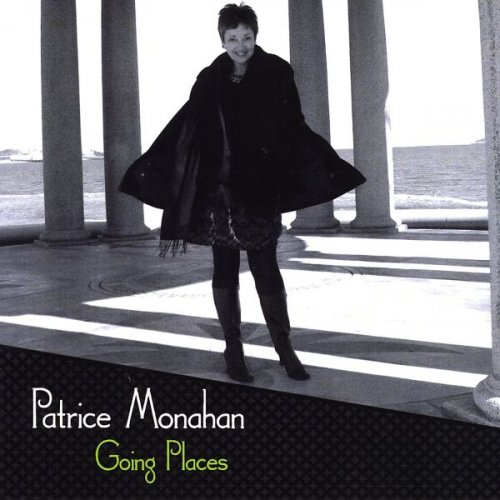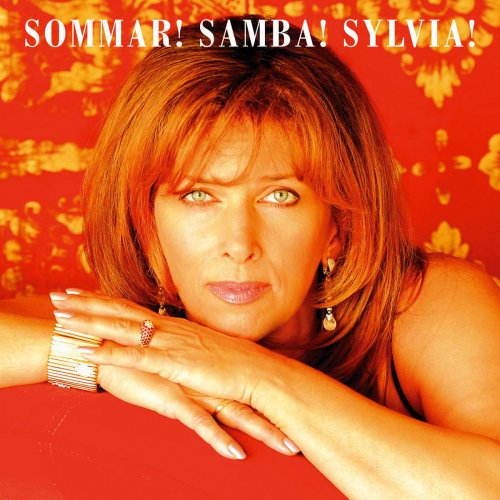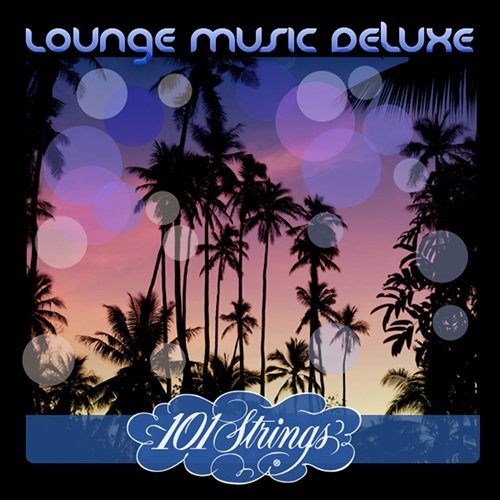Angel Bat Dawid & Tha Brothahood - LIVE (2020) [Hi-Res]
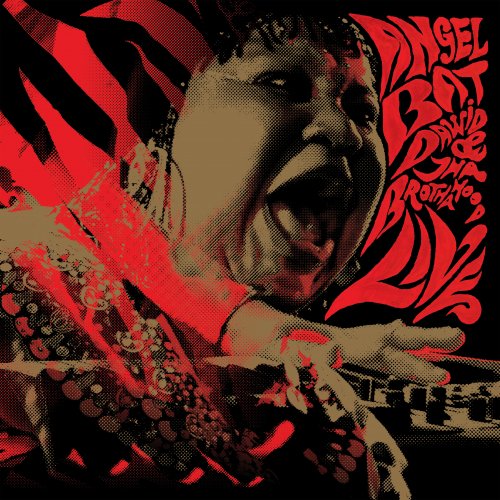
Artist: Angel Bat Dawid, Tha Brothahood
Title: LIVE
Year Of Release: 2020
Label: International Anthem
Genre: Spiritual Jazz, Experimental Folk, Psychedelic
Quality: FLAC (tracks) 24/44,1
Total Time: 01:19:08
Total Size: 911 mb
WebSite: Album Preview
Tracklist:Title: LIVE
Year Of Release: 2020
Label: International Anthem
Genre: Spiritual Jazz, Experimental Folk, Psychedelic
Quality: FLAC (tracks) 24/44,1
Total Time: 01:19:08
Total Size: 911 mb
WebSite: Album Preview
01. Enlightenment (Live)
06. London (Live)
07. We Hearby Declare the African Look (Live)
08. We Are Starzz (Live)
09. VIKTORious Return (Live)
10. Tha Wicked Shall Not Prevail (Live)
11. Melo Deez from Heab'N (Live)
12. Dr. Wattz n' em (Live)
13. HELL (Live)
LIVE was mostly recorded on November 1st, 2019, at Haus der Berliner Festspiele in Berlin, Germany, during the 2019 edition of JazzFest Berlin. For Angel Bat Dawid and her band Tha Brothahood – which includes Deacon Otis Cooke, Viktor Le Givens, Xristian Espinoza, Norman W. Long, Dr. Adam Zanolini, and Asher Simiso Gamedze – it was the first stop of their first European tour.
Forty-eight hours before the show, Angel and members of the band were on their way to the airport in Chicago when they received news that Viktor Le Givens had passed out on the street and subsequently woke up in a hospital with all his personal belongings missing. When they arrived in Berlin, the band’s manager Najee-Zaid Searcy reached out to the production staff of JazzFest Berlin to inform them of the situation. Their initial reply: “if you cannot find a substitute, we will have to reduce your fee.”
Of the cold, insensitive response to Viktor’s unfortunate situation, Angel recalls: “It really put a whole damper on my spirit to have to deal with this a few hours before performing. How the fuck is this response ever acceptable anywhere?!”
Angel continues: “I have issues in general about the way artists are treated because I see a difference in how tech folks treat women and artist of color… I’m calling it out. A lot of the racism and things I’m talking about are steeped in microaggressions and are so subtle and can go unnoticed. But all those things happen a lot and it was very evident at the festival… Yes I am hyper sensitive to any infraction I ever see, feel or observe when it comes to racism, and I no longer pass it off as an over sensitivity but an opportunity to blow the whistle on intellectual and structural racism that is still a rampant and ugly beast, especially in the European music world.”
Angel and her band had a handful of experiences over their two days in Berlin that contributed to her feelings, including an interaction at The Ellington Hotel (a place that’s named & themed in homage to the famous Black American composer), where the band was staying. The moment was recorded by Angel’s bandmate and she chose to include an excerpt at the beginning of the album’s first track, where she shouts repeatedly: “ever since I’ve been here y’all have treated me like shit!”
The full story, from Angel: “The morning at the Duke Ellington Hotel was the result of a buildup of things… The insensitive way the festival dealt with Viktor… to mean stares walking down the street with my Brothers… A man came up to all of us and said he was frightened by our group. I went to another shop and they told me ‘don't go to East Berlin because they don’t like Blacks’... Berlin was leaving me feeling very isolated and angry. So the morning we were leaving this hotel, with its homage to Black musicians in every room… They had a piano in their bar area and I decided to play a tune, sing and praise, to leave on a good note. Deacon Otis was filming it as our way of just walking in love, no matter what. As I was singing someone on the staff runs up to me red face and angry saying ‘ma’am please don't do this in the lobby this is not allowed!’ And I just went the fux off. I had had enough of the reprimands... I just couldn't be my genuine Black self anywhere in Berlin without someone reprimanding me…”
Another sound that Angel chose to include in the album is an excerpt from a JazzFest Berlin panel discussion she participated in, which was moderated by writer Emma Warren – a friend of Angel’s – and recorded by Searcy. Angel’s powerful declamations from the panel stage are heard on the album’s last track “HELL,” through a dense layering of effects. “The discussion was led by Emma… so I was feeling very much myself and was going to tell the honest truth about how these festivals and music scenes still operate and support intellectual and structural racism, because they are never challenged,” Angel recalls.
Despite, or perhaps in light of the difficulties Angel and her band faced, they performed a set at Berliner Festspiele that Angel considers to be one of their best ever. “The show was very deep, and really helped me to process all the rage, and uncomfortable things I was feeling... It made me think of all the artists of the past who endured way more than I ever will with this music industry. It was a very freeing and beautiful show… we played our ass off!!”
Harlem, NY-based journalist Shannon J. Effinger, who had interviewed Angel for Pitchfork earlier in 2019, was in Berlin to cover the festival and witnessed Angel’s performance. “I had no clue Shannon was there and I was so happy to see her... We had breakfast in the morning together and I was able to vent to her about my frustrations about being in Europe. She shared the same sentiments, because she too was experiencing all the subtle microaggressions that happen over there,” Angel says.
Shortly after Angel decided to make the Berlin recording into an album, in Summer 2020 she invited Effinger to write liner notes. In her notes for LIVE, Effinger touches on Angel’s mistreatment; but for the most part her attention is paid to the music that Angel & Tha Brothahood made during their performance. An excerpt: "On Sun Ra’s “Enlightenment,” Dawid’s arpeggiated chords on keys brought us all to our own hush harbor meeting, a once haven for enslaved Blacks to gather in secret and release their hardships through shout and prayer. As Dawid, Cape Town drummer Asher Gamedze and Adam Zanolini on reeds build into a tense crescendo, it is their attempt, through music, to exorcise the generational pain that has plagued Blacks for far too long."
“I feel Shannon really captured the moment I was feeling. The story of my unrest with the racist undertones of the music industry isn’t why I want this album out. I want this album out because the Brothahood kicked ass on the music. Because she was there at the actual show, her notes have the purest, most authentic and accurate take on the situation,” says Angel.
Another excerpt from Effinger's notes: "From the unwavering strength of the “Black Family” as told through her clarinet, strong and resolute, to “We Are Starzz” which allowed the members of the Brothahood to dance and explore in their respective constellations over Zanolini’s walking bassline, Dawid strives to reconcile where Black life in America presently stands today—bestrided by a glorious yet troubled past, the disillusioned promise of our future, and a present that has never truly belonged to us."
Angel Bat Dawid: “I hope that this album will uplift and raise awareness to the world that we are still not in a good place when it comes to the relationship between whites other races. Universities, festivals, organizations etc that were built over 50 years ago, even though they have changed outwardly, have not changed internally, and still uphold the principles of their founders, who were racists. We still got a long way to go. And music is a great place to start in repairing this age old, distorted reality.”
Forty-eight hours before the show, Angel and members of the band were on their way to the airport in Chicago when they received news that Viktor Le Givens had passed out on the street and subsequently woke up in a hospital with all his personal belongings missing. When they arrived in Berlin, the band’s manager Najee-Zaid Searcy reached out to the production staff of JazzFest Berlin to inform them of the situation. Their initial reply: “if you cannot find a substitute, we will have to reduce your fee.”
Of the cold, insensitive response to Viktor’s unfortunate situation, Angel recalls: “It really put a whole damper on my spirit to have to deal with this a few hours before performing. How the fuck is this response ever acceptable anywhere?!”
Angel continues: “I have issues in general about the way artists are treated because I see a difference in how tech folks treat women and artist of color… I’m calling it out. A lot of the racism and things I’m talking about are steeped in microaggressions and are so subtle and can go unnoticed. But all those things happen a lot and it was very evident at the festival… Yes I am hyper sensitive to any infraction I ever see, feel or observe when it comes to racism, and I no longer pass it off as an over sensitivity but an opportunity to blow the whistle on intellectual and structural racism that is still a rampant and ugly beast, especially in the European music world.”
Angel and her band had a handful of experiences over their two days in Berlin that contributed to her feelings, including an interaction at The Ellington Hotel (a place that’s named & themed in homage to the famous Black American composer), where the band was staying. The moment was recorded by Angel’s bandmate and she chose to include an excerpt at the beginning of the album’s first track, where she shouts repeatedly: “ever since I’ve been here y’all have treated me like shit!”
The full story, from Angel: “The morning at the Duke Ellington Hotel was the result of a buildup of things… The insensitive way the festival dealt with Viktor… to mean stares walking down the street with my Brothers… A man came up to all of us and said he was frightened by our group. I went to another shop and they told me ‘don't go to East Berlin because they don’t like Blacks’... Berlin was leaving me feeling very isolated and angry. So the morning we were leaving this hotel, with its homage to Black musicians in every room… They had a piano in their bar area and I decided to play a tune, sing and praise, to leave on a good note. Deacon Otis was filming it as our way of just walking in love, no matter what. As I was singing someone on the staff runs up to me red face and angry saying ‘ma’am please don't do this in the lobby this is not allowed!’ And I just went the fux off. I had had enough of the reprimands... I just couldn't be my genuine Black self anywhere in Berlin without someone reprimanding me…”
Another sound that Angel chose to include in the album is an excerpt from a JazzFest Berlin panel discussion she participated in, which was moderated by writer Emma Warren – a friend of Angel’s – and recorded by Searcy. Angel’s powerful declamations from the panel stage are heard on the album’s last track “HELL,” through a dense layering of effects. “The discussion was led by Emma… so I was feeling very much myself and was going to tell the honest truth about how these festivals and music scenes still operate and support intellectual and structural racism, because they are never challenged,” Angel recalls.
Despite, or perhaps in light of the difficulties Angel and her band faced, they performed a set at Berliner Festspiele that Angel considers to be one of their best ever. “The show was very deep, and really helped me to process all the rage, and uncomfortable things I was feeling... It made me think of all the artists of the past who endured way more than I ever will with this music industry. It was a very freeing and beautiful show… we played our ass off!!”
Harlem, NY-based journalist Shannon J. Effinger, who had interviewed Angel for Pitchfork earlier in 2019, was in Berlin to cover the festival and witnessed Angel’s performance. “I had no clue Shannon was there and I was so happy to see her... We had breakfast in the morning together and I was able to vent to her about my frustrations about being in Europe. She shared the same sentiments, because she too was experiencing all the subtle microaggressions that happen over there,” Angel says.
Shortly after Angel decided to make the Berlin recording into an album, in Summer 2020 she invited Effinger to write liner notes. In her notes for LIVE, Effinger touches on Angel’s mistreatment; but for the most part her attention is paid to the music that Angel & Tha Brothahood made during their performance. An excerpt: "On Sun Ra’s “Enlightenment,” Dawid’s arpeggiated chords on keys brought us all to our own hush harbor meeting, a once haven for enslaved Blacks to gather in secret and release their hardships through shout and prayer. As Dawid, Cape Town drummer Asher Gamedze and Adam Zanolini on reeds build into a tense crescendo, it is their attempt, through music, to exorcise the generational pain that has plagued Blacks for far too long."
“I feel Shannon really captured the moment I was feeling. The story of my unrest with the racist undertones of the music industry isn’t why I want this album out. I want this album out because the Brothahood kicked ass on the music. Because she was there at the actual show, her notes have the purest, most authentic and accurate take on the situation,” says Angel.
Another excerpt from Effinger's notes: "From the unwavering strength of the “Black Family” as told through her clarinet, strong and resolute, to “We Are Starzz” which allowed the members of the Brothahood to dance and explore in their respective constellations over Zanolini’s walking bassline, Dawid strives to reconcile where Black life in America presently stands today—bestrided by a glorious yet troubled past, the disillusioned promise of our future, and a present that has never truly belonged to us."
Angel Bat Dawid: “I hope that this album will uplift and raise awareness to the world that we are still not in a good place when it comes to the relationship between whites other races. Universities, festivals, organizations etc that were built over 50 years ago, even though they have changed outwardly, have not changed internally, and still uphold the principles of their founders, who were racists. We still got a long way to go. And music is a great place to start in repairing this age old, distorted reality.”

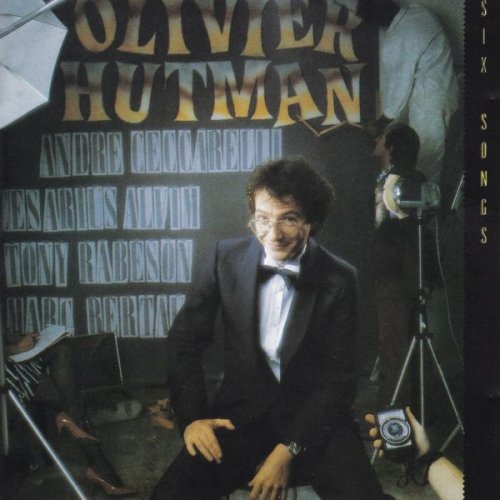
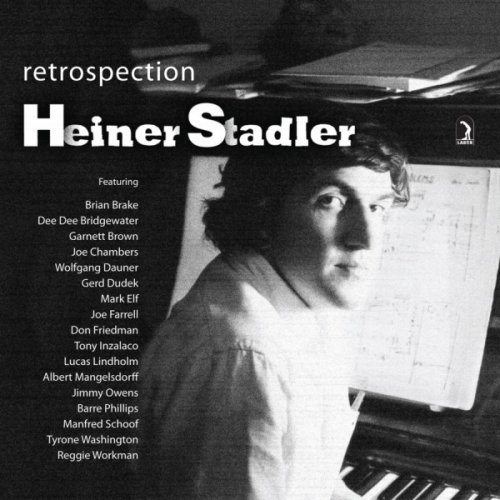


![Mark Nightingale, Alan Barnes & James Davison - Jazz Classics ...with a Twist (2026) [Hi-Res] Mark Nightingale, Alan Barnes & James Davison - Jazz Classics ...with a Twist (2026) [Hi-Res]](https://www.dibpic.com/uploads/posts/2026-02/1772036652_1.jpg)
